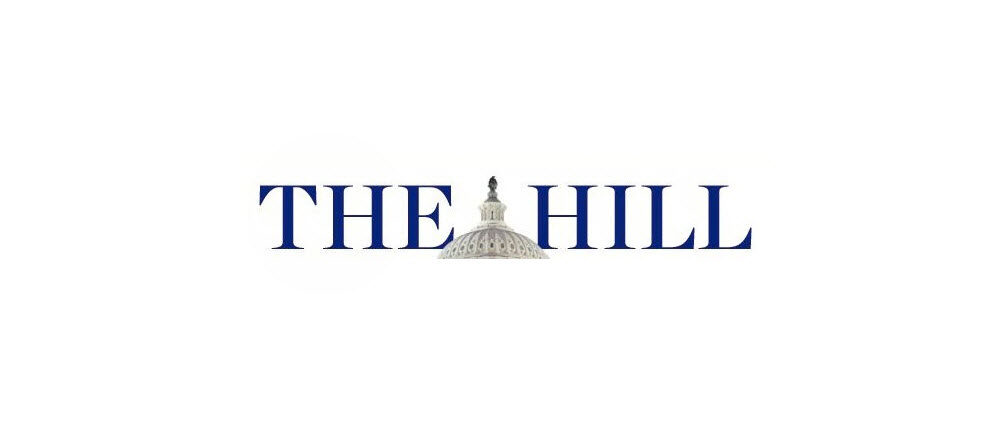© 2024 CSRXP- All Rights Reserved

Prescription drug costs are bigger problem than Martin Shkreli
Feb 4, 2016
The Hill
Prescription drug costs are bigger problem than Martin Shkreli
By John Rother
February 4, 2016
View Online
Martin Shkreli, the former drug company CEO who raised the price of Daraprim more than 5,500 percent, was subpoenaed to testify before the United States House of Representatives Oversight and Government Reform Committee today. Shkreli bought a drug that sold for $13.50 per pill and overnight increased the price to $750 per pill. This is an example of one bad actor, but the problem of crippling drug price increases is far more widespread. We need to look at increases across the entire prescription drug market to get prices in line for patients, not just a few flashy players.
Daraprim’s price hike was outrageous. But prices on prescriptions that are more widely used also continue to climb. Since the beginning of January, pharmaceutical giant Pfizer has raised prices on more than 100 of its prescription drugs, according to Reuters. Some of those drugs, like medicines used to help treat symptoms of menopause or combat seizures, went up by more than 20 percent. What’s more, Pfizer did not reduce the price of any prescriptions.
Year after year, price increases are compounded. Diabetes patients saw the cost of Humulin R U-500 insulin jump from $12.01 to $54.48 per milliliter between 2007 and 2014 – a price increase of more than 350 percent. Epi-pens that treat severe allergic reactions went up 222 percent in that same seven-year period, reaching $182.35 per pen in 2014.
The price of prescription drugs is a critical factor to ensuring that patients can use them properly. The high cost of medications often encourages patients to cut corners, making treatments less effective. According to the Centers for Disease Control and Prevention, almost 8 percent of American adults attempt to save money by not taking their medicine as prescribed. When people skip proper treatment, not only are they receiving less adequate care, but our workforce and economy suffer. An Express Scripts 2014 Drug Trend Report found that stretching the time between doses instead of taking a medicine as prescribed is a habit that costs the U.S. about $330 billion every year in preventable medical complications.
In order to ensure that drug prices are affordable, the market needs more transparency and competition. Drug companies use the cost of research and development as justification for raising drug prices, but there is virtually no data available to the public showing the link between prices and development costs.
The lack of competition also allows drug companies to set prices indiscriminately, a problem that’s compounded because the Food and Drug Administration (FDA) often takes too long to bring generics and alternate choices to consumers. In 2014, 1,600 new generic drugs were submitted to the FDA for approval. But due to the agency’s massive backlog, not one was approved. It takes a decade to get a drug developed and into a pharmacy in the United States, often leaving patients at the will of a single pharmaceutical company and its pricing.
The current drug pricing model of year-after-year hikes is unsustainable. Americans deserve better than deciding between taking their medicine as prescribed and paying bills. A new market with increased transparency and competition will finally put the health care market to work for patients instead of against them.
Rother is the executive director of the Campaign for Sustainable Rx Pricing.
